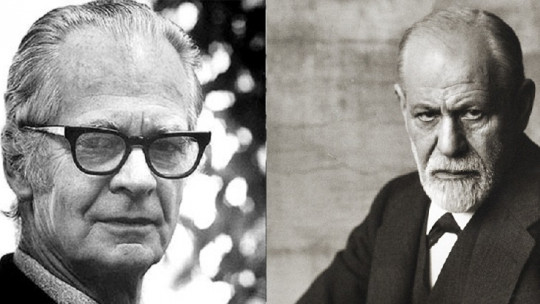
Conflict resolution is a fundamental aspect of our lives, since conflict is an inevitable reality in human interactions We often associate conflict with negative emotions and damaging consequences for relationships.
However, it is important to understand that conflict can also present opportunities for personal growth, learning, and transformation. In this article we will explain what a conflict is, as well as explain various key strategies to address conflicts constructively, with the aim of helping us reach agreements and strengthen our relationships.
How to resolve conflicts constructively?
We refer to conflicts when we talk about situations in which differences arise between people or groups about opinions, tastes, interests, needs, opinions, interpretations, expectations, feelings, values, behaviors, etc., that are perceived as incompatible.
However, it is necessary to recognize that conflict is a natural part of human interaction and can manifest itself in various areas of our lives, such as, for example, relationships with our partner, family, friends or work.
We frequently attribute a negative connotation to conflict, and that is when we find ourselves trapped in the same circumstances without paying attention or being aware of what is really happening, or when we get carried away by wanting to be right or win at all costs without considering the On the other hand, we find ourselves involved in a confrontation where the conflict can become an endless cycle of tension and discomfort.
Problems are repeated, disagreement persists and intensifies, generating emotions of frustration, anger and resentment This emotional escalation leads to personal stagnation and the deterioration or breakdown of relationships.
However, it is important to keep in mind that conflict also has a positive connotation. When we manage to approach the situation in an appropriate and constructive way, it can become an enriching experience and an opportunity for growth, so that each member and the relationship come out stronger.
If we become aware of the conflict, evaluate the situation impartially, commit to finding mutually beneficial solutions that allow agreements to be reached, and adopt new perspectives toward the situation and the people involved, conflicts can be transformed into something different. Instead of being obstacles, they become opportunities for change, growth and personal transformation
Instead of avoiding or fearing conflict, we can learn to manage it constructively using strategies that can help us turn conflict into positive opportunities. Here I show some keys:

1. Promote open and clear communication
Create an environment where all parties involved can express their concerns and points of view with honesty and respect, avoiding confrontation and favoring constructive dialogue to achieve mutual understanding
2. Practice active listening
Pay genuine attention to what other people say, showing genuine interest in understanding their perspective. Ask questions to clarify possible misunderstandings and reflect what has been understood to ensure that your points of view are correctly captured.
3. Cultivate empathy
Try to understand the feelings and emotions of others involved in the conflict, putting yourself in their shoes to develop an emotional connection and seek solutions that consider the needs of all parties.
4. Consider diverse perspectives
Broaden the vision and consider different approaches or points of view on the conflict This openness will make it easier to better understand the reasons behind others’ positions and encourage the search for creative, win-win solutions.
5. Explore creative options
Stimulate the imagination and consider alternatives that have not been previously explored. Sometimes an innovative solution can benefit both parties more effectively than previous solutions.
6. Focus on common interests
Identify the interests and objectives shared by the parties involved. Instead of clinging to inflexible positions, Solutions can be sought that address these shared needs, fostering collaboration and reaching agreements beneficial to all
7. Learn to give in
Recognize that it is not always possible to get everything our way. It is important to practice flexibility and be willing to compromise on certain aspects that can help find common ground and foster cooperation.
8. Learn from experience
Consider each conflict as an opportunity to learn more about yourself and how you interact with others. Reflect on what happened and analyze what actions can be taken in the future to avoid or resolve conflicts more effectively.
Conclusions
In situations where the conflict is especially complex or emotional, you may consider involving an impartial mediator or facilitator that can help guide the conversation and find common ground. Their role is to ensure that all voices are heard and that an equitable agreement is reached.
In conclusion, we can say that conflict resolution is an essential process in the search for healthy and harmonious relationships. Through the application of some appropriate strategies such as effective communication, active listening, empathy and the search for common interests, we can transform conflicts into opportunities for personal growth and development.
It is important to remember that every conflict is an opportunity to learn more about ourselves and improve our problem-solving skills. TOBy approaching conflict with an open and constructive mindset, we can strengthen our relationships, reach lasting agreements, and create a more positive and peaceful environment








